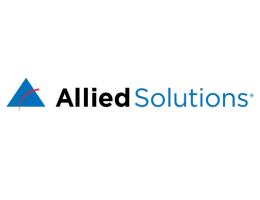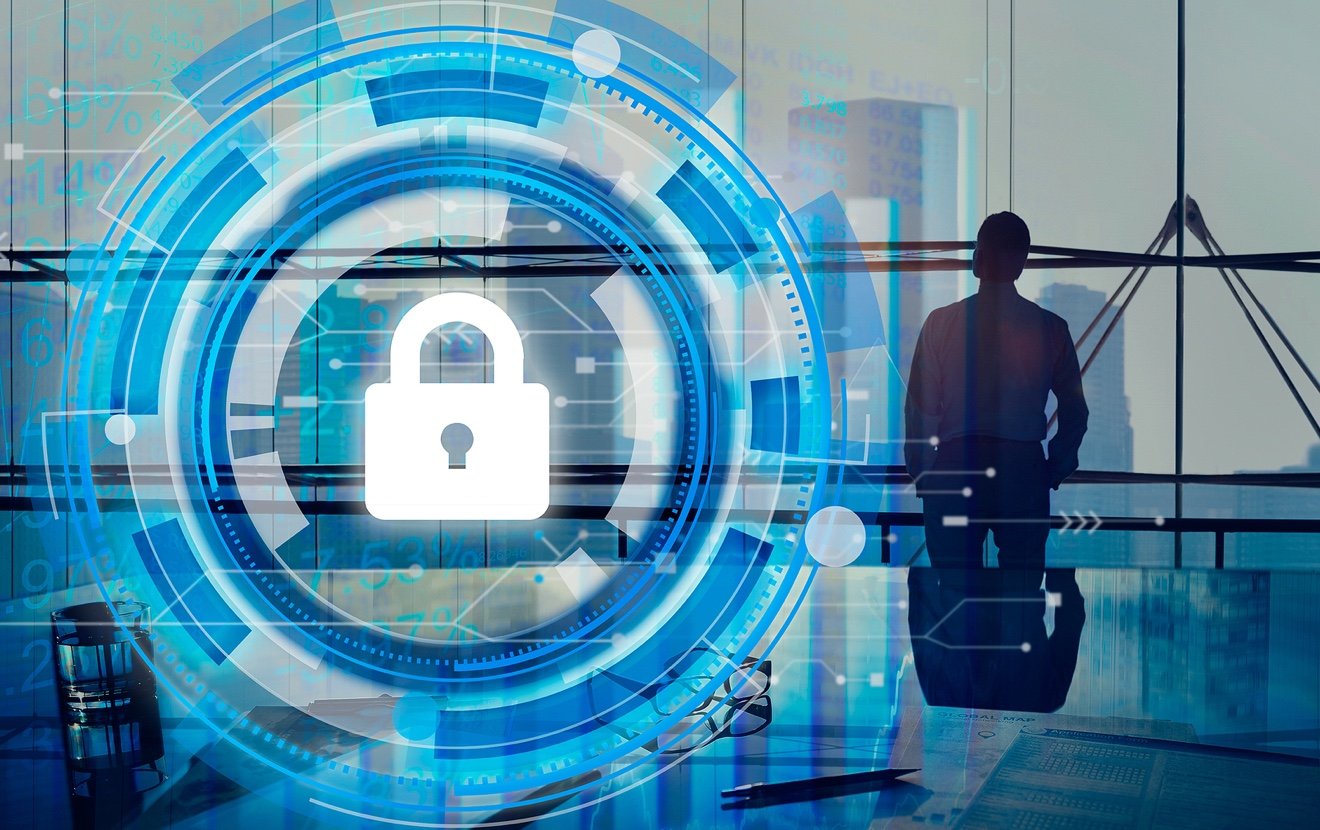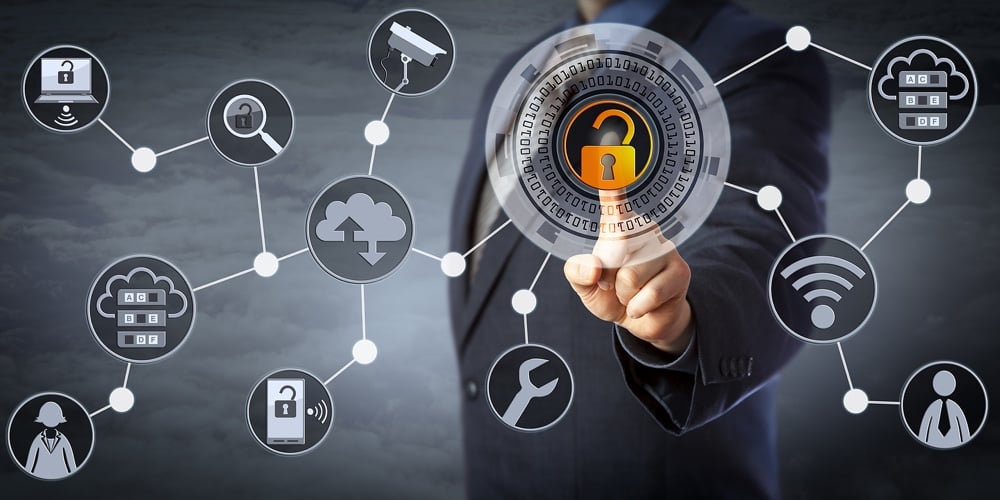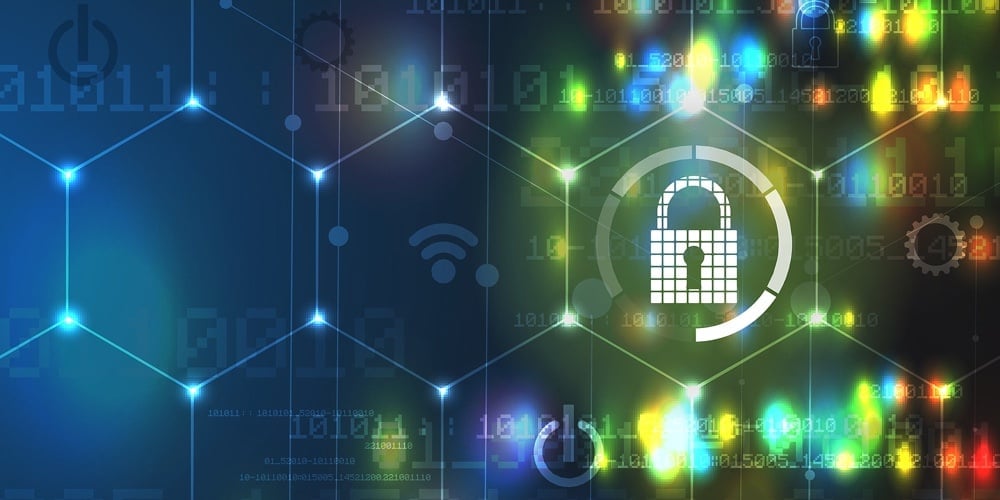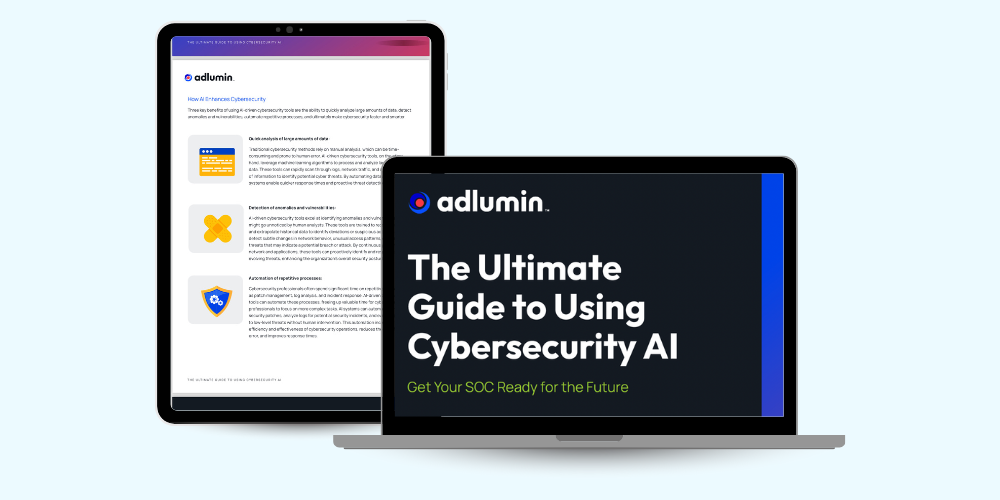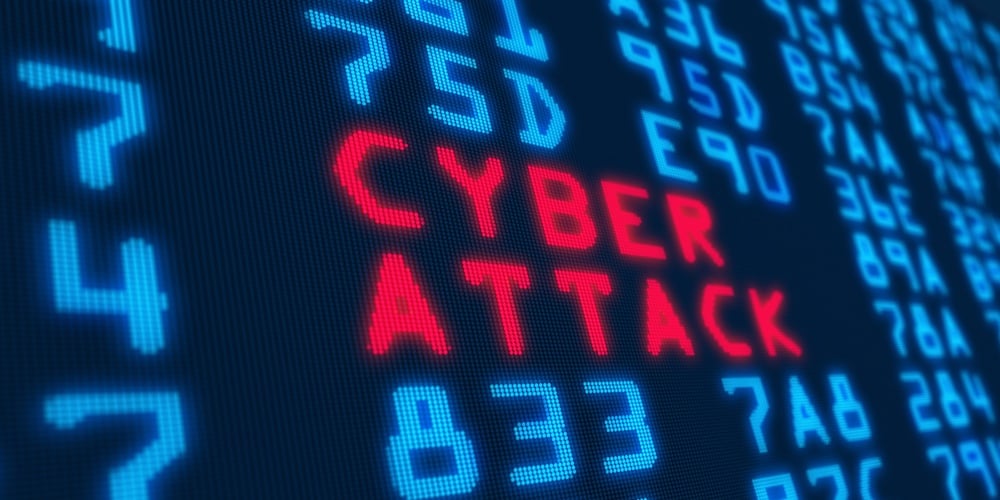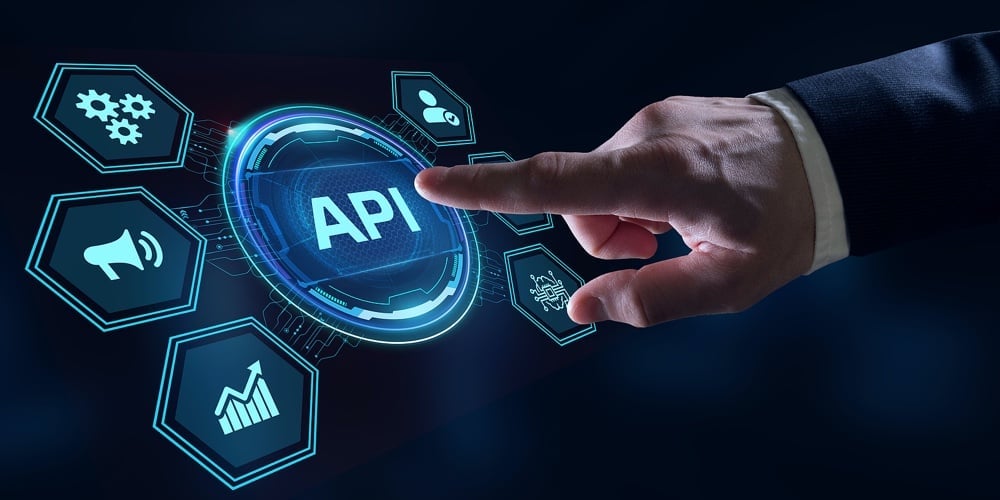With coronavirus becoming more prevalent and hurricane season coming up in the next couple of months, many of your employees may be forced to work remotely. This time is stressful enough for your organization without also having to worry about a security breach!
Help protect your organization’s sensitive data from fraud and theft by adopting and sharing security practices for employees working remotely.
Remote Security Checklist for Credit Unions:
- Ensure the data on your remote system is encrypted, to protect the data if a worker’s laptop is lost or stolen.
- Ensure that anti-malware and end point security software are being updated properly on all work devices.
- Distribute dedicated USB drives to remote workers who request them, and ensure USB drives are protected by encryption to safeguard any sensitive data.
- Supply USB data blockers or portable batteries to remote workers to protect work computers from cybercrime attacks performed at charging stations.
- Require two-factor authentication for remote access to work devices and applications.
- Provide remote workers with step by step instructions on what steps to follow and who to contact if they suspect a security breach or attempted attack has occurred.
- Consider providing security awareness training that outlines best practices for your remote users.
- Have employees review and sign off on their security requirements when working remotely.
Remote Security Checklist to Share with Employees:
- Avoid Public Wi-Fi locations, such as coffee shops, which can pose significant security risks.
- Use your employer’s VPN connection to protect your work computer and home network from potential security threats.
- Don’t leave your device unattended, no matter the circumstance.
- Lock your screen and put away sensitive documents when you walk away from your computer.
- Keep work data on work computers. Don’t share anything to your home computer/laptop.
- Only use encrypted USB drives dedicated for work use to protect work accounts and files.
- If possible, use a USB data blocker or portable charger when charging phones or work devices in public.
- Use strong passwords for all secure devices and accounts.
- Use long passwords to make it more difficult for password cracking tools to figure them out.
- Don’t use the same password for home and computer networks
- Use a password manager (e.g. LastPass) to more easily create and store multiple passwords.
- Immediately report an attempted security breach to your organization, should you suspect one has occurred.
Want to learn more actionable strategies to protect your organization’s data from cybercrime? Click here to register for our webinar on March 31 (2-3 ET): It’s 2020: Don't Let Your Member Data Fall Into the Wrong Hands.


